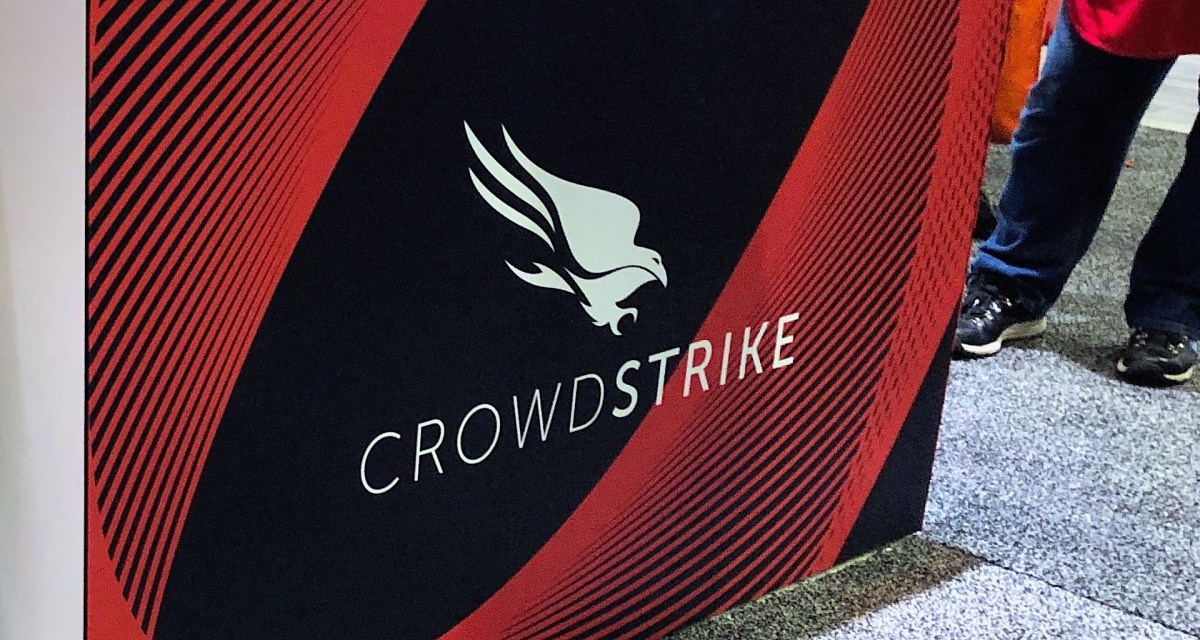CrowdStrike outage briefly impacted national organ transplant matching system

The U.S. government continues to deal with the aftermath of the CrowdStrike IT failure Friday that created major issues for businesses around the world and impacted many federal institutions, ranging from the agency that handles critical immigration services to a network used to help facilitate organ transplants.
An individual employed within the U.S. Citizenship and Immigration Services told FedScoop that the Department of Homeland Security component might take more than a week to bring some systems back online. While USCIS’s primary and public-facing systems weren’t majorly impacted, the person said, workstations require some time to be fixed and can’t be updated remotely. The agency was still able to function, but at least 5,000 workstations were taken offline, the source added.
USCIS did not confirm that account and directed FedScoop back to a general statement issued by DHS on Friday.
Meanwhile, the systems for the Organ Procurement and Transplantation Network, a public-private partnership with the Department of Health and Human Services focused on organ transplants that was established by Congress, were down for about an hour on Friday, according to a post on the nonprofit’s website. Members of the network were told to use their phones or tablets if their computers weren’t working, though the OPTN said Monday that all issues were resolved.
Anne Paschke of the United Network for Organ Sharing confirmed to FedScoop that the CrowdStrike incident impacted the organ matching system.
“CrowdStrike is a global cybersecurity system and one of the tools used by UNOS to protect its systems,” she said in a statement. “The matching system was down for approximately an hour in the early hours of July 19 and was back online before 2:30 a.m. Eastern time, running as it’s supposed to.”
She continued: “UNOS, the Organ Procurement and Transplantation Network contractor, alerted the federal government of the downtime and is continuing to monitor the situation with CrowdStrike to ensure the matching system continues to operate as it’s supposed to, helping match patients with organ donors so they can get the transplants they need.”
Other agency-related issues surfaced at the U.S. Patent and Trademark Office, where more than 6,000 employees were potentially affected by the event, according to a Saturday post on its website. The Department of Energy’s Lawrence Berkeley National Lab also released instructions for dealing with the problem.
The fallout from Friday’s outage is also being felt on Capitol Hill. House Homeland Security Committee Chairman Mark Green, R-Tenn., and Rep. Andrew Garbarino, R-N.Y., who chairs the Subcommittee on Cybersecurity and Infrastructure Protection, sent a letter to CrowdStrike’s CEO on Monday requesting testimony by early Wednesday evening. A spokesperson for the committee confirmed that the impact of the CrowdStrike issue on federal agencies was expected to come up in the hearing.
In a statement to FedScoop over the weekend, Green said he was planning to seek answers to “how we can prevent a widespread disruption like this from happening again.” He acknowledged that the outages do not seem to be a cyberattack, but emphasized the need to secure IT systems and ensure network resilience involving the impact of “vendor concentration risk.”
“This incident highlights how dependent we have become on IT for every aspect of our lives, and how a single defect can have a ripple effect across the entire economy,” Green said. “You can bet that malicious cyber actors in China and Russia are watching and taking note on how we respond.”
The Government Accountability Office said that it still has not received a request to analyze the CrowdStrike outage from Congress.
This story was updated July 22, 2024, with information from the United Network for Organ Sharing and possible House hearing.



